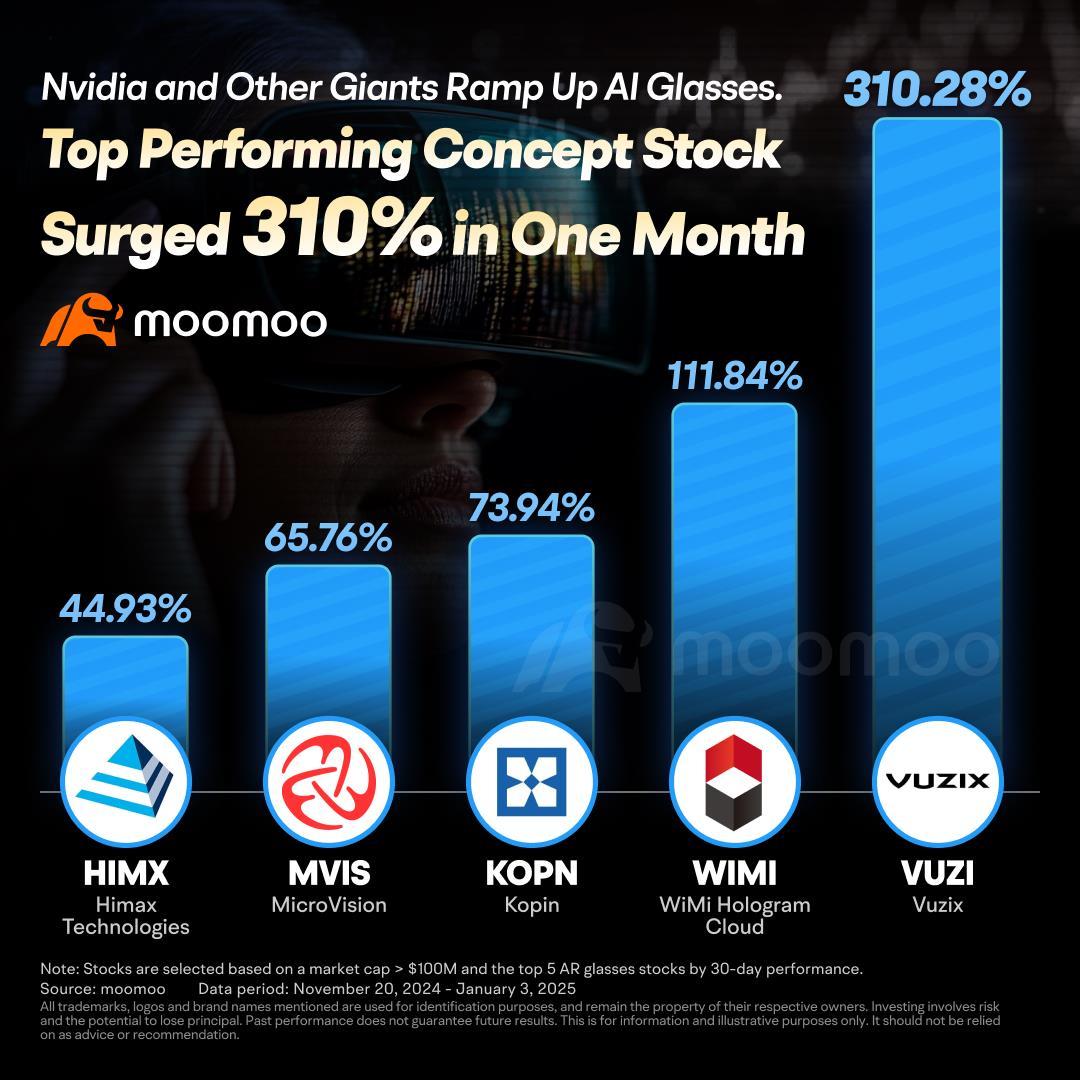In 2025, AI glasses will achieve deep integration of AI and AR (augmented reality) technology, combined with other cutting-edge technologies like the Internet of Things (IoT), big data, and cloud computing, to expand more intelligent application scenarios. Core technologies include optical modules, micro-displays, and AI chips. Currently, manufacturers face challenges in technology integration, particularly in optical display and miniaturization. Balancing AI glasses' portability and high-performance capabilities is a key challenge in technology development.


Buy n Die Together❤ :
103415137 :![undefined [undefined]](https://static.moomoo.com/nnq/emoji/static/image/default/default-black.png?imageMogr2/thumbnail/36x36)
74737174 : I hope it will replace the regular glass